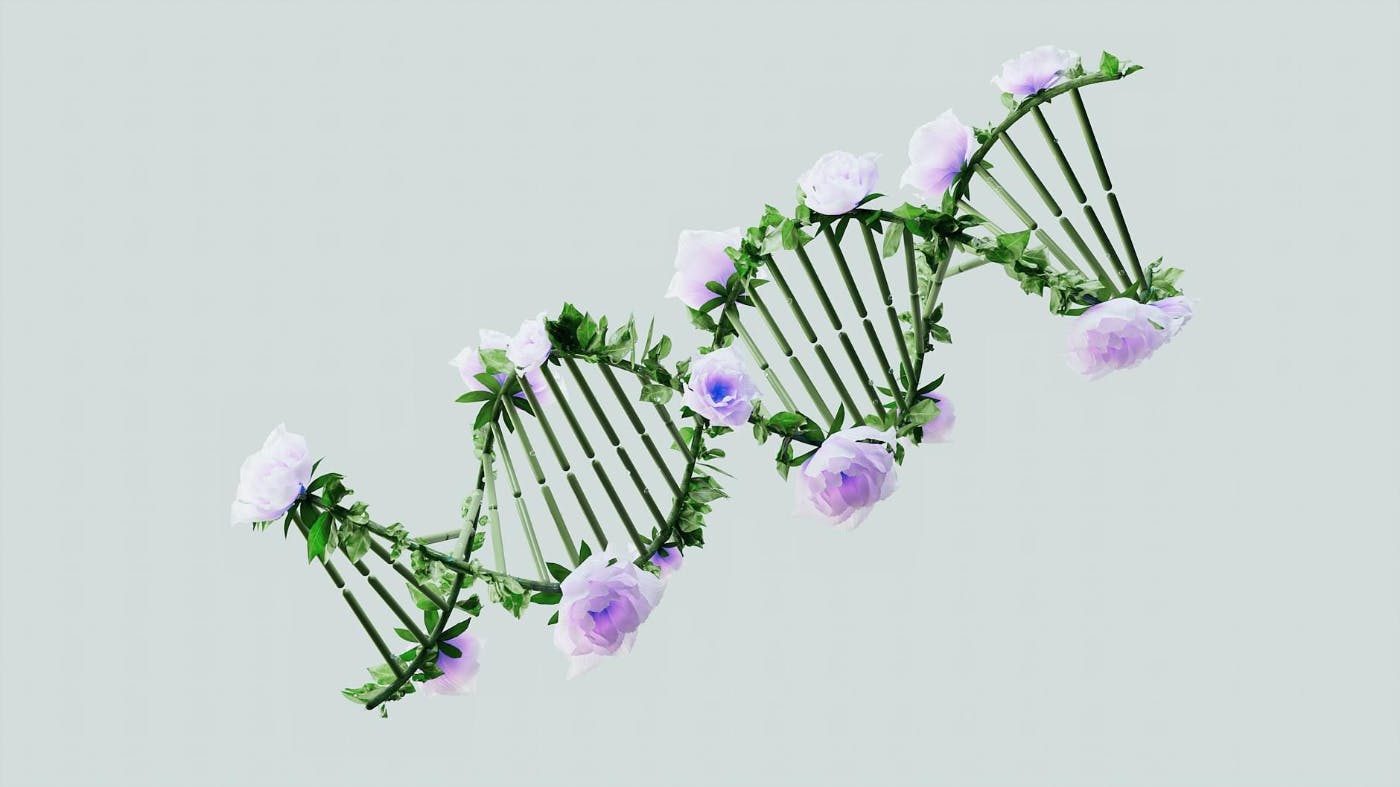Convergence for the Stochastic Exponents (Theorem 2.2)
by
March 21st, 2024
Audio Presented by

Mutation: process of changing in form or nature. We publish the best academic journals & first hand accounts of Mutation
About Author
Mutation: process of changing in form or nature. We publish the best academic journals & first hand accounts of Mutation
